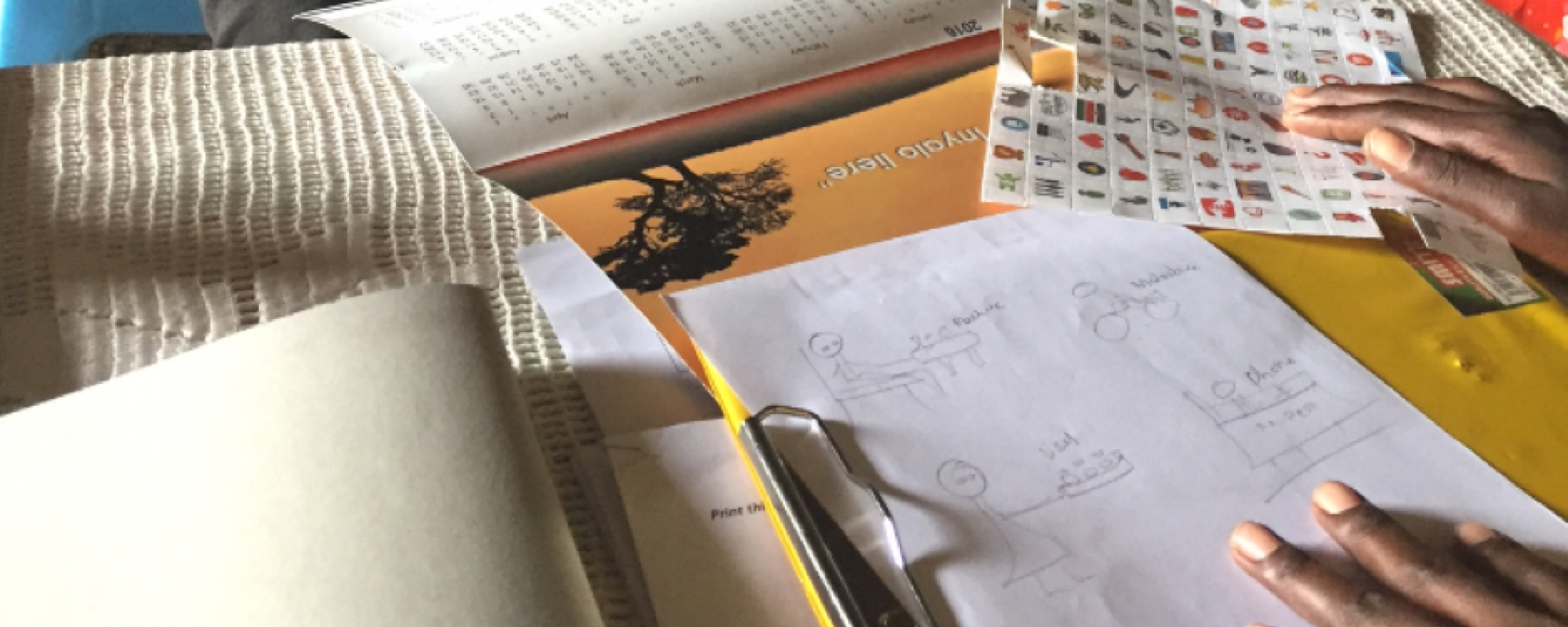Overview
The use of the terms growth and fixed mindset to describe the underlying beliefs people have about learning and intelligence was pioneered by Dweck and co-authors in a series of studies focusing on students. Dweck and co-authors (2007) found that students’ mindsets about the malleability of their academic skills determined their motivation, effort and achievement. However, teaching students about the ability to influence their skills and intelligence through effort led to a change in these mindsets, which subsequently boosted effort and achievement.
Measurement tool
Research is this field has been lead by Dweck, who developed several versions of the scale, capturing growth versus fixed mindedness with respect to intelligence.
In Dweck (2000), an 8-item scale is proposed. This captures beliefs about innateness versus malleability of intelligence. A link for more information can be found here.
In Dweck (2006), a broader 10-item scale is used. This captures opinions about intelligence, as well as attitudes towards other abilities, returns to work and receiving feedback. A link for more information can be found here.
References
Blackwell, L. A., Trzesniewski, K. H., & Dweck, C. S. (2007). Theories of Intelligence and Achievement Across the Junior High School Transition: A Longitudinal Study and an Intervention. Child Development, 78(1), 246–63.
Dweck, C.S. (2000). Self-theories: Their role in motivation, personality and development. Taylor & Francis: Philadelphia, PA.
Dweck, C. S. (2006). Mindset: The new psychology of success. New York: Random House Inc.
Dweck, C. S. (2013). Self-theories: Their Role in Motivation, Personality, and Development. Hove, UK: Psychology Press.

